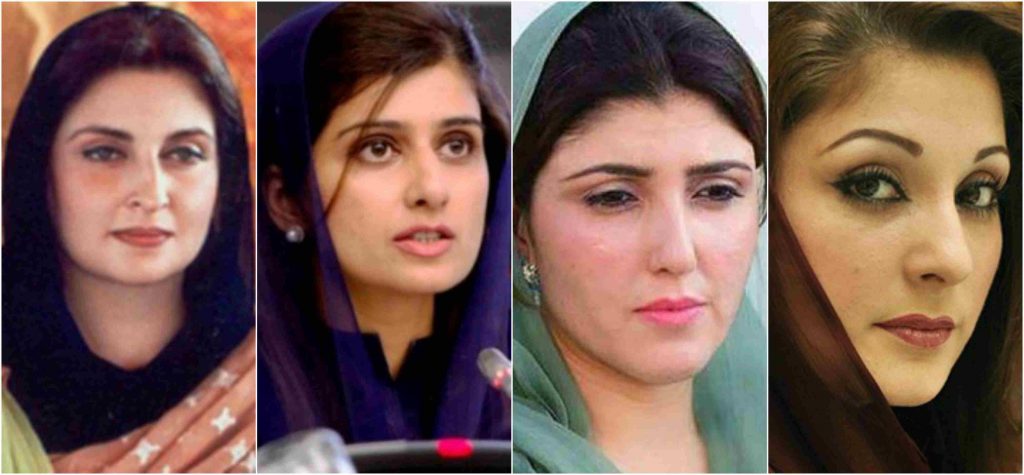Disclaimer*: The articles shared under 'Your Voice' section are sent to us by contributors and we neither confirm nor deny the authenticity of any facts stated below. Parhlo News will not be liable for any false, inaccurate, inappropriate or incomplete information presented on the website. Read our disclaimer.
This post is also available in: العربية (Arabic) اردو (Urdu)
During the past couple of weeks, Pakistan is suffering from a political turmoil. The Supreme Court of Pakistan disqualified Country’s Premier Nawaz Sharif in Panama Paper Case. There are too many arguments and allegations with no end in sight.
A few days ago Ayesha Gulalai, a member of leading opposition party came up with some serious allegations against his party leader Imran Khan that sparked a blame game. Ayesha Gulalai was a focus of hatred on all forums especially social platforms. I am not taking sides here and strongly believe that none of the political leaders may directly be involved in this act but the international media never missed the chance in establishing a connection between the abuse that Ayesha is facing and the insecurity of women in Pakistani society.
And we can’t deny their allegations. Can we? So, I decided to bring into account the issues faced by women worldwide and what Pakistan is doing to make its society more safe and honorable for women in general.
It is important to know that history of violence against women is centuries old. From 18thcentury English laws to the colonial America. Women are always subjected to all sort of violence. According to United Nations statistics more than 700 million women alive today globally, were married as children, 35 % of the women have suffered from physical or sexual violence, around 120 million girls suffered from sexual violence.
The statistics further show that 1 out of 10 European women has suffered from cyber bullying from the age of 15. Furthermore, 40% of the women seek help after suffering any form of violence from family and friends rather than relying on institutions and mechanisms.
In 2015, the protection of women against violence bill was passed by the Punjab Assembly in Pakistan declaring all forms of violence against women as a crime. Later this year, the Council of Islamic Ideology proposed a bill that recommends, women to be given all rights under Shariah that prohibit interaction between Unmarriageable kin’s(Na-Mehrams) at recreational facilities, offices and recommended to ban dance, music, and sculptures as arts.
The Pakistani society, in general, is not in a state of denial regarding the social issues faced by women. Yes, unfortunately, women are the victims of sexual harassment, gender inequality, rape, and murder. Even in the presence of a state, a Parliament, Legislation, Courts, and Police, their fate is often decided by individuals. While some of these crimes are reported to the Police many go unnoticed. But this does not mean that all women in the society are living a miserable life. A portion of highly talented Athletics, Doctor’s, Engineers, Armed forces officers, Scientists, Social Workers, Entrepreneurs, and Politicians are women.
Currently, Pakistani lawmakers are focused on laws that protect women against all sort of violence. The evidence in their favor is the landmark bill passed by the National Assembly of Pakistan in 2016 by putting an end to the few remaining loopholes in the existing laws regarding women protection.
The Government cannot alone curtail such behavior of society towards women. The behavior of the male segment of the society needs to be changed. Boys from their early age should be educated about the respect of women they interact with. Finally, with collective, focused and sincere efforts we can achieve gender equality, a healthy society, and a respected gender, the women.


